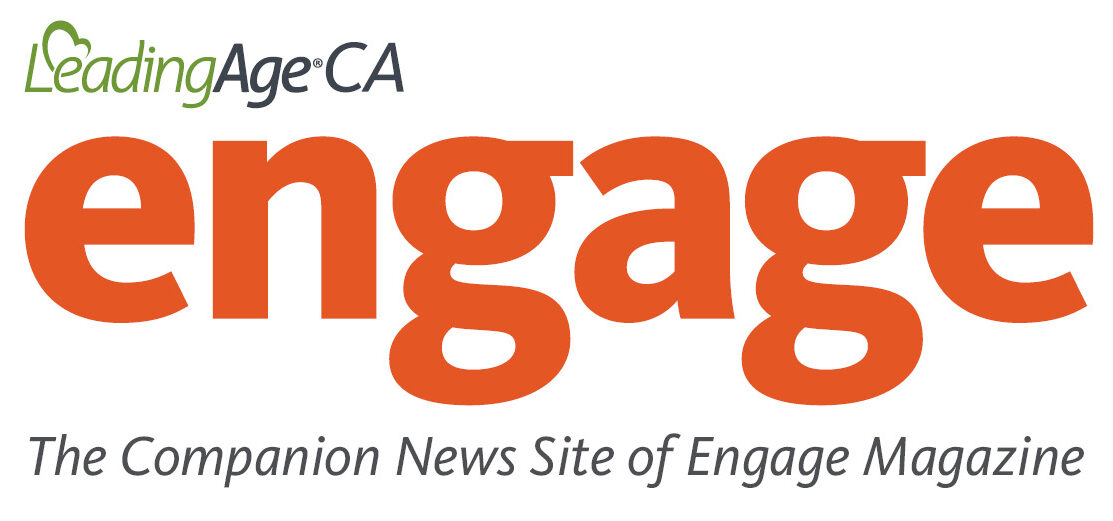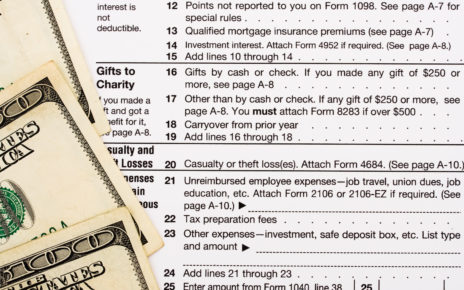The Dementia Care Workgroup met today to discuss how to improve the Residential Care Facility for the Elderly Title 22 Regulations to reflect the realities of today’s assisted living resident. The workgroup has met several times over the last year and half to produce workable regulations to clarify when a resident with dementia is suitable for his or her RCFE environment. The goal is to provide regulations that clearly articulate expectations for care without infringing in individual rights or exceeding a facility’s capacity to provide the needed care.
The development of the draft regulations following the followingGuiding Principles
- Foster resident acceptance and retention to allow residents to age in place in the least restrictive environment, keeping in mind that the aging process is progressive in nature.
- Acknowledge the spectrum of cognitive conditions prevalent in Residential Care Facilities for the Elderly (RCFEs)
- Address resident behaviors regardless of diagnosis
- Focus on person centered care
- Ensure regulatory requirements are carefully considered reflecting a balanced approach to care that fosters and supports a robust provider community
Highlights of the proposed changes to the regulations include:
- Eliminated resident acceptance/retention language based on dementia diagnosis
- Address behavioral symptoms rather than a specific diagnosis
- Updated medical assessment is required for all residents with a significant change in condition
- All medical assessments and reappraisals include assessment for behavioral symptoms
- Revised reappraisals to include a risk assessment for residents with behavioral symptoms, as applicable
- Ensure when a resident’s needs have changed, corresponding changes are made to the care and supervision
- Revised regulation language regarding access to specified items, such as ovens and over-the-counter medication to adapt supervision to the needs of the resident while maintaining the appropriate level of resident independence
- Plans of Operation include safety measures to address behavioral symptoms
- Revised Planned Activities to include socialization activities to enhance personal relationships and sharing of life experiences
- Updated definitions with new terminology
The workgroup process precedes the formal regulation development process allowing for dialogue from a wide variety of viewpoints, including consumer advocates and provider organizations. The group will meet again to discus changes to the draft regulations discussed. Watch for more information as it develops.
Contact: Eric Dowdy, COO, LeadingAge California



